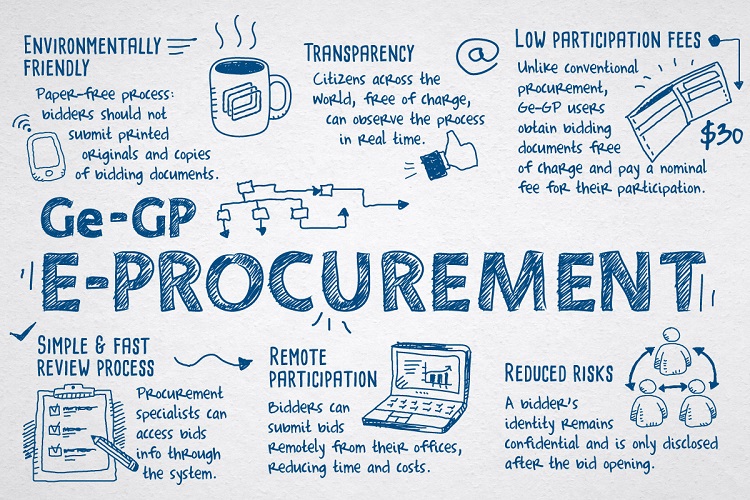Georgia intends to save 100 mill GEL through centralised state procurements

All state purchases in the country are conducted by the Georgian electronic Government Procurement (Ge-GP) system. Photo:N.Alavidze/Agenda.ge
Georgia’s Prime Minister Mamuka Bakhtadze has announced an initiative to reduce public funds spent on state purchases today at a media briefing before meeting with his cabinet.
"Along with the economic development and advancement of the country, we are witnessing an increase in budget allocations for state procurements. It raises the importance and strategic significance of the effective performance of the state procurement system."
"Therefore, I believe it essential to cardinally transform state procurement by introducing modern, innovative methods to centralise all lots for bidding,” PM said.
This will reduce the cost of services and goods needed by state institutions as the volume of the purchase for each lot will increase. This transformation is estimated to save about 100 million GEL from Georgia’s state budget.
“We will thus be collating all public procurement lots scattered around various public institutions into a centralised manner to optimise them into an applicable structure. We will thus be able to better coordinate public procurement, thereby reducing the risk of potential corruption and preventing such malpractices altogether," concluded Mamuka Bakhtadze.

The World Bank assessed Georgia's e-procurement system as transparent, less bureaucratic, and less discriminative. Image: World Bank.
All state purchases in the country are conducted by the Georgian electronic Government Procurement (Ge-GP) system – the official portal of State Procurement in Georgia. It ensures an open, transparent and competitive environment for any participant of state procurement procedures.
The Ge-GP system is operated by the State Procurement Agency.
The World Bank calls Georgia’s e-procurement system “clearly one of the most effective and efficient reforms undertaken in the last decade in Georgia.”
“The e-procurement system, which is broadly consistent with good public procurement practices, has increased competition among suppliers. In addition, by bringing processes online, it has made the procurement system more transparent, less bureaucratic, and less discriminative. As a result, the system has significantly minimized corruption risks and brought substantial savings to the government and Georgia's citizens,” reads the assessment of the World Bank made in 2015.
 Tweet
Tweet  Share
Share